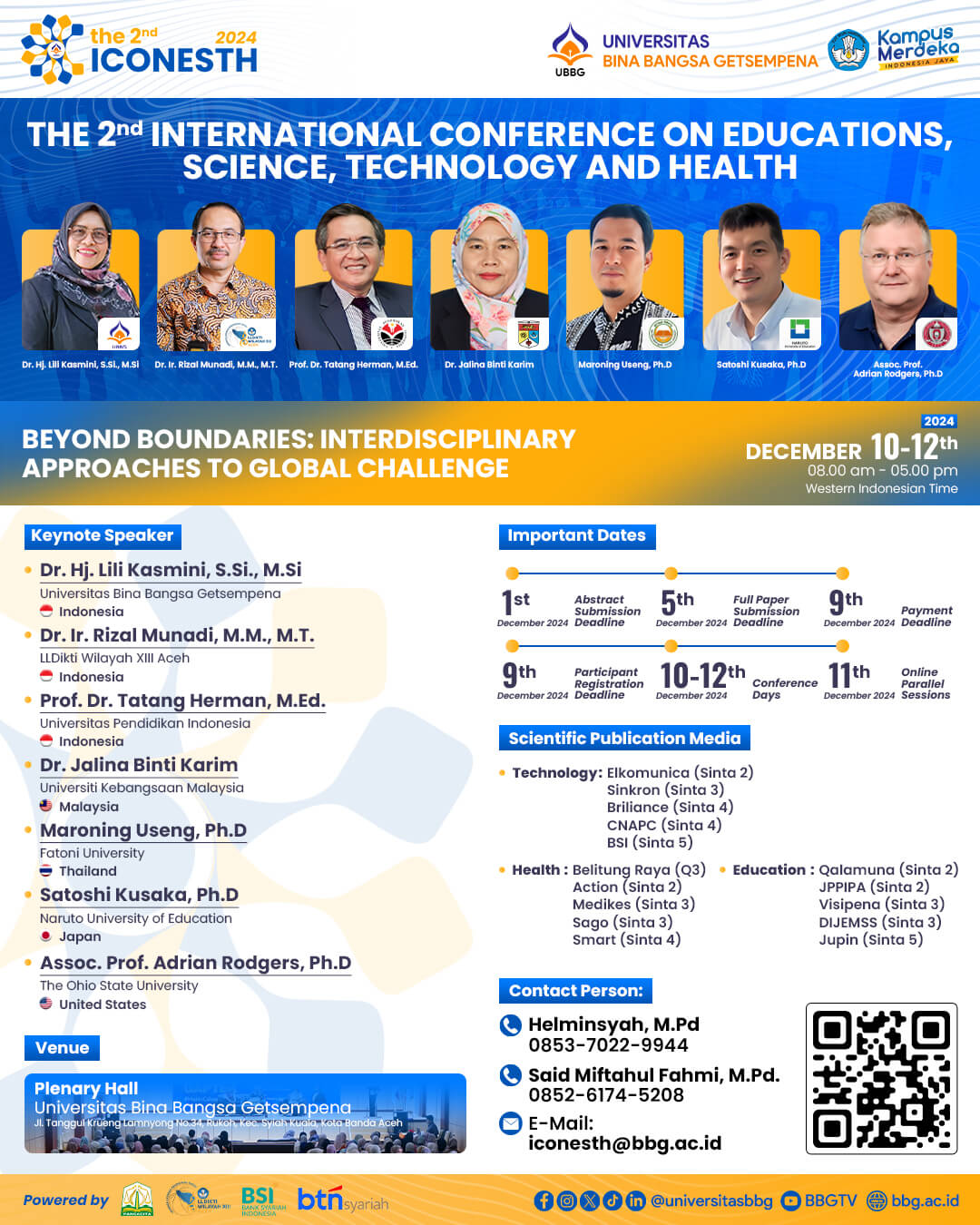LITERATURE REVIEW ON THE IMPLEMENTATION OF THE 2013 CURRICULUM IN LEARNING MATHEMATICS IN ELEMENTARY SCHOOL
Abstract
The implementation of the 2013 curriculum in mathematics learning in Elementary Schools aims to enhance education quality by fostering critical thinking through a scientific approach and authentic assessment. However, its application faces challenges, particularly in integrating methods and media. This study examines the implementation of the 2013 Curriculum in mathematics learning at the Elementary School level through a literature study using a qualitative approach with content analysis of ten relevant articles. The findings reveal: (1) The primary obstacle is teacher readiness in preparing learning tools and conducting authentic assessments, compounded by unequal distribution of books and resources; (2) Teachers hold a strategic role in fostering active student involvement. While some still employ conventional methods, professional training is essential to help teachers adapt to interactive approaches tailored to students' needs; (3) The scientific approach, integration of technology, and application of ethnomathematics significantly improve learning quality. These elements encourage critical thinking, technology utilization, and contextual relevance, making mathematics more engaging and applicable; and (4) Authentic assessment offers a comprehensive evaluation of attitudes, knowledge, and skills but requires adequate support and training for effective implementation. Overall, the 2013 curriculum holds substantial potential to improve education quality if supported by teacher readiness, sufficient facilities, and ongoing training. Addressing these challenges can create more interactive, relevant, and meaningful learning experiences for students, supporting the achievement of national education goals.









